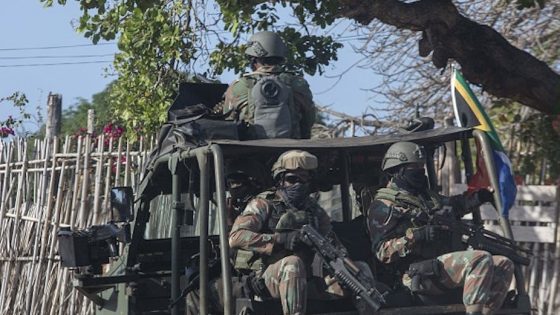In recent years, Iran’s elite Quds Force has emerged as a potent player in the volatile landscape of the Middle East, steadfastly following the vision laid out by its former leader, Qassem Soleimani. Under the leadership of Esmail Ghaani, who assumed control after Soleimani’s demise, the Quds Force has intensified its efforts to support, arm, and fund various terrorist and insurgent groups across the region. This defense analysis delves into the strategic implications of the Quds Force‘s actions and assesses its impact on regional stability.
Background:
Esmail Ghaani, the current chief of the Quds Force, remains relatively unknown to many outside the realm of national security circles. However, his influence cannot be underestimated, as evidenced by the surge in attacks on U.S. interests attributed to Quds-backed militants since October 7, 2023. While Ghaani differs from his predecessor, Qassem Soleimani, in terms of public persona, he has effectively built upon the foundation laid by Soleimani over two decades.
Strategy and Operations:
Under Ghaani’s leadership, the Quds Force has pursued an aggressive strategy of supporting terrorist and insurgent groups across multiple conflict zones, including Iraq, Lebanon, Yemen, Syria, Afghanistan, and the Palestinian territories. This approach, termed the “Axis of Resistance,” seeks to exert pressure on Iran’s adversaries, namely Israel, the United States, and Saudi Arabia, through proxy warfare.
Challenges and Complexities:
Managing relationships with various proxy groups presents a complex challenge for Ghaani and the Quds Force. Each group operates with its own agenda and decision-making processes, often diverging from Iran’s interests despite receiving support from Tehran. For instance, while Hamas carried out attacks in Israel, the Quds Force’s involvement remains indirect, highlighting the nuanced dynamics at play.
Regional Dynamics:
The Quds Force’s activities have contributed to escalating tensions across the Middle East, particularly in countries like Iraq, Yemen, and Lebanon. Recent incidents, such as the drone attack on a U.S. military outpost in Jordan and Houthi attacks on shipping in the Red Sea, underscore the volatile nature of the region’s security environment.
Policy Implications:
As the Quds Force continues to assert its influence, policymakers face the challenge of countering Iran’s destabilizing activities while avoiding direct confrontation. Balancing deterrence with de-escalation measures will be critical to prevent further escalation and protect U.S. interests in the region.
Esmail Ghaani’s leadership of the Quds Force represents a continuation of Iran’s aggressive regional strategy, posing significant challenges to stability in the Middle East. Understanding the complexities of proxy warfare and navigating regional dynamics will be essential for policymakers seeking to address Iran’s influence while safeguarding regional security.

















